Network co-chairs
![]()
We are a team of scientists with decades of experience in researching neurodevelopmental conditions. Our work is underpinned by multidisciplinary and international partnership, as progress in this field can only be by large collaborative efforts. Recently, such approach enabled us to identify 42 genes significantly associated with dyslexia. These results present exciting opportunities to explore the specific learning skills and cognitive processes underlying dyslexia, and the co-occurrence of dyslexia with other developmental conditions. This work provides a biological model to make significant advances in the field of specific learning difficulties.
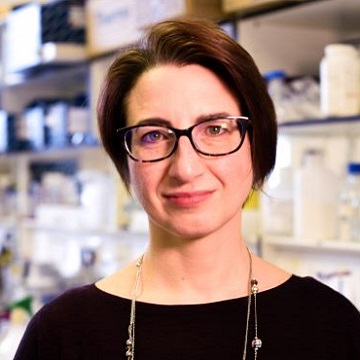
Prof Silvia Paracchini, FRSE
Prof Paracchini graduated in Biological Sciences (cum laude) from University of Pavia in 1998 and obtained a DPhil in Human Genetics from Oxford University in 2003. She conducted her post-doctoral training in Prof. Anthony Monaco’s group at the Wellcome Trust Centre for Human Genetics, Oxford University where she became interested in dyslexia genetics. In 2011, she was awarded a Royal Society University Research Fellowship to set up her group at The University of St Andrews. In 2013, she became member of the Young Academy of Scotland and then was elected Fellow of the Royal Society of Biology (FRSB; 2018) and Fellow of the Royal Society of Edinburgh (FRSE; 2019). She is currently the co-Director of the Institute of Behavioural and Neural Sciences and of the MSc in Digital Health. Recently, she started a collaboration with Canon Medical Research Europe to develop deep learning methods applied to genomic data.
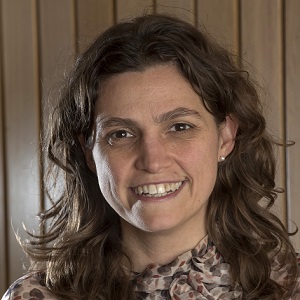
Prof Michelle Luciano
Prof Luciano is a Reader in Psychology at the University of Edinburgh. Her research focuses on the genetic and environmental aetiology underlying human development and behaviour. One of her main research interests is to understand what causes the variation between people in how well they read and use language. And to do this, she uses behavioural genetic research methods. This includes twin and extended pedigree designs, molecular genetic techniques, epigenetic, and gene x environment interaction modelling. She has most recently led an international collaboration which has discovered significant genes associated with dyslexia.
Working Group leads
![]()
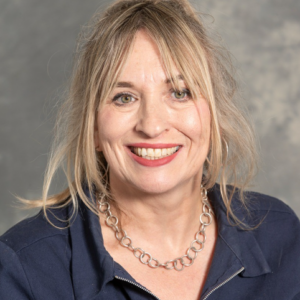
Elisabeth Herbert
Liz spent over twenty years as a teacher and taught in both mainstream and special school settings; with primary and secondary age ranges. Following her experience in schools she was employed as an SEN/EMAS coordinator in special schools. She spent over 10 years as a local authority Senior Advisory leader for language and literacy, developing specialisms in both of these areas and strategically supporting schools and pupils. She is UCL IOE Programme Director for MA SpLD dyslexia and Programme route leader for the MA in Special and Inclusive Education Specific Learning Difficulties route and a Lecturer in department of psychology and human development. Liz’s research interests include literacy difficulties, Edtech, dyslexia. KE project facilitator- PALAC, MITA, spelling, experiences of children in care, supervision of school leaders.
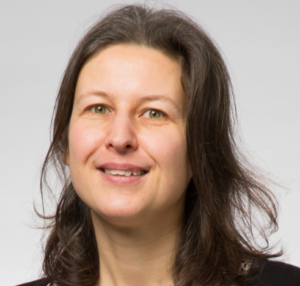
Dr Kinga Morsanyi
Dr Morsanyi is a psychologist by training, and lectures on Mathematical Cognition at Loughborough University. Her main focus is on mathematics learning, but her research interests also encompass reasoning and decision-making, the motivational and emotional aspects of learning, and educational approaches to improving thinking skills. Kinga also researches the atypical development of cognitive skills, in autism and in developmental dyscalculia.
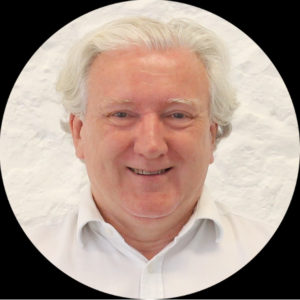
Peter Jarrett
Pete is MD of Tutorum Technologies, a start-up focusing on education and neurodiversity support. Intelligent data flows to support human interactions form the core of Tutorum’s work, including in its mobile first, data light platform that supports financial, business, numerical and digital literacy learning. Tutorum is currently building a platform to support neurodiverse people in work and education. Pete also offers consultancy around education, neurodiversity and maths learning and is passionate about supporting people who struggle with mathematics, numeracy and learning. As a dyslexic with ADD he appreciates how difficult life can be in an education system with little tolerance for individual difference. To help understand better what makes learning difficult for an individual, after many years in the classroom, Pete chairs the BDA Dyscalculia and maths learning difficulties Committee, sits on several working groups, boards and committees and is Vice-Chair of Governors at a local special school., supervision of school leaders.
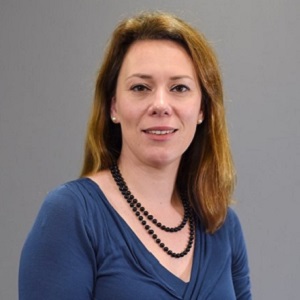
Prof Jo van Herwegen
Prof van Herwegen’s research focuses mainly on language and number development in both typical and atypical developmental disorders, such as Williams syndrome, Autism Spectrum Disorders, Down syndrome, and Specific Language Impairment. Linking the aforementioned areas of research activity, I am interested in individual differences, as well as exploring what cognitive abilities and strategies relate to successful performance in typical populations and how these differ in atypical populations, to aid the development of economically-valid training programmes. Jo uses a range of methods and experimental designs, including spontaneous language samples, preferential looking, experimental tasks, and eye tracking and studies abilities from infancy onwards to obtain a better understanding of how cognitive abilities develop over time and how performance across different cognitive areas relate to each other. supervision of school leaders.
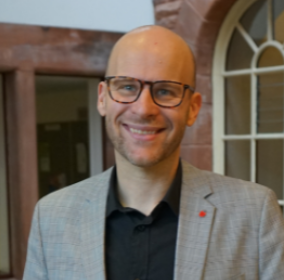
Dr Jeremy Law
Lecturer in Education in the School of Social & Environmental Sustainability at the University of Glasgow, Dr Law’s research and teaching interests focus on developmental disabilities and literacy with a specific interest and expertise relating to developmental dyslexia. His recent research has been focused on examining specific cognitive factors related to reading and spelling compensation of children and adults with and without dyslexia. In the course of his research, he has conducted a range of longitudinal and concurrent studies examining pre-reading indicators of dyslexia such as early phonological and auditory processing impairments. Furthermore, Jeremy’s work with high achieving individuals with dyslexia has focused on identifying specific factors (such as morphological awareness) related to the reading success and resilient of these individuals. Building on this work he additionally explores potential evidence-based intervention strategies and programs that may help support those who struggle to learn to read and write.
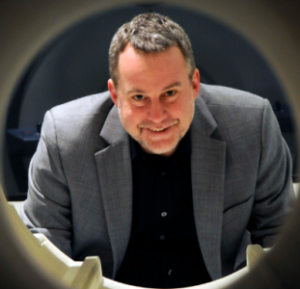
Prof Joel B. Talcott
Prof Talcott researches on Dyslexia (reading disability), Cognitive psychology, Reading, Developmental psychology and Audiology. The concepts of his Cognitive psychology study are interwoven with issues in Longitudinal study, Repetition, Visual perception, Phonological awareness and Stimulus–response model. His Reading research incorporates elements of Cognitive skill, Sensory processing, Sensory system, Psychophysics and Phonology, integrating issues of Stimulus, Perception and Developmental dyslexia in his study of Audiology. His Dyslexia research incorporates themes from Developmental psychology, Language disorder and Cerebellum. His work focuses on many connections between Cognitive psychology and other disciplines, such as Visual perception, that overlap with his field of interest in Stimulus, Sensory threshold and Psychophysics. His primary area of study in Reading is in the field of Reading disability.
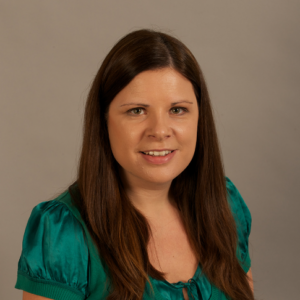
Dr Sinead Rhodes
Sinéad is a developmental psychologist who is interested in the cognitive factors underlying behaviour and learning. Her research has principally focused on cognition, especially memory and associated executive functions, in children with neurodevelopmental disorders, including ADHD, ASD and Williams syndrome. She also examines cognitive factors underlying mental health especially depression and anxiety, and is particularly interested in cognition and depression within the context of neurodevelopmental disorders. Sinéad is extensively involved in public engagement activities: she is the founder of the Research the Headlines project and was awarded the 2017 Royal Society of Edinburgh Innovators Public Engagement Prize. Sinead is an Emeritus member of the Young Academy of Scotland.
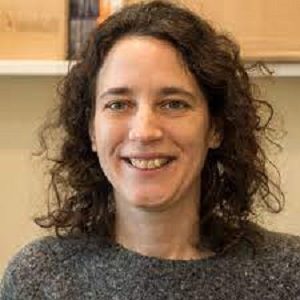
Dr Dianne Newbury
Dr Newbury is a Senior Lecturer on the MSc Medical Genetics and Genomics programme and principal investigator of a research lab in the Department of Health and Life Sciences. Her areas of expertise include:
Gene mapping (linkage, association, sequencing)
Speech and language disorders
Neurodevelopmental disorders
Member of the Children and Young People Network.
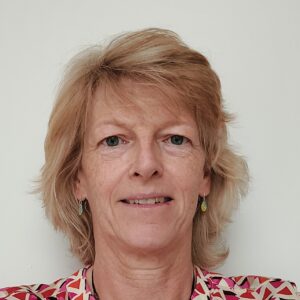
Gillian Stirton
Gillian Stirton is Research Coordinator for the Network, working part time and typically be in the office on Tuesdays and Thursdays. Gillian’s professional background is in communications, project management and publishing. Prior to joining the University, she spent nine years at agri-environmental research organisation the James Hutton Institute, near Dundee, ultimately as Head of Communications from 2017, leading the team promoting the Institute’s work and building its public profile.
